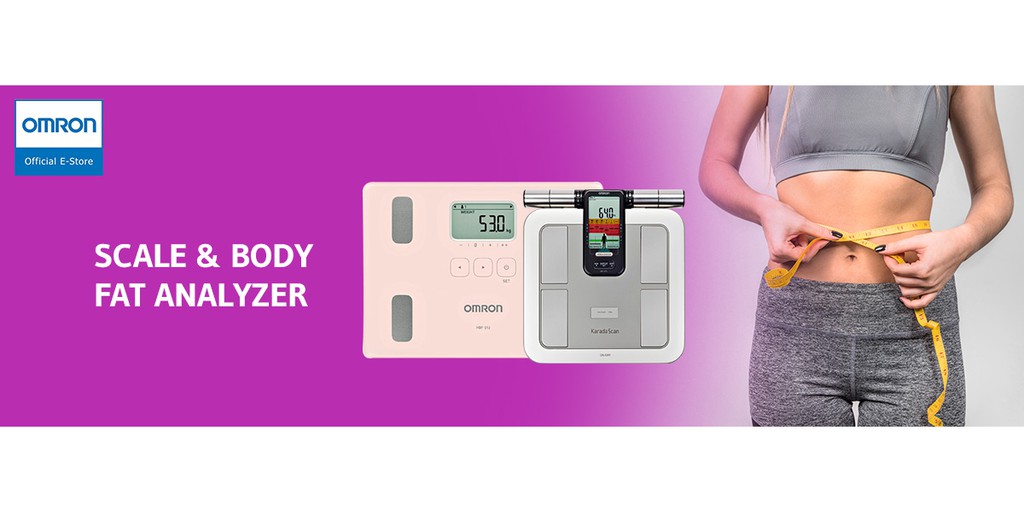Serum Iron medical test
Learn about Serum Iron medical tests, including what the tests are used for, why a doctor may order a test, how a test will feel, and what the results may mean.
What is Serum Iron test?
A serum iron test measures how much iron is in your serum. Serum is the liquid that’s left over from your blood when red blood cells and clotting factors have been removed.
What the Serum Iron used for?
The serum iron test can reveal abnormally low or high blood iron levels. Your doctor will most likely order this test after another lab test shows an abnormal result. Serum iron is not a routine test. It’s usually ordered as a follow-up when a more common test reveals abnormal results. Such tests include complete blood count or haemoglobin. Your doctor may also order a serum iron test if you’re showing symptoms of anaemia. Abnormal iron tests could be a sign of iron deficiency or iron overload.
How is the procedure performed?
A blood sample drawn from a vein in your arm. You may want to wear a shirt with sleeves that can easily be rolled up to make it easier to collect the blood sample. This sample will then be tested in a laboratory. Your healthcare provider may ask you to fast beginning at midnight the night before the procedure. Morning is the best time to conduct this test because that’s when your iron levels are highest. Your doctor will review your results with you. They may suggest iron supplements or diet changes, depending on the levels of iron in your blood. Your doctor may suggest eating more iron-rich foods if your iron levels are too low.
What will be the results interprets?
The following are considered normal ranges for a serum iron test:
| Result | Normal range |
|---|---|
| Iron | 60 to 170 mcg/dL |
| Transferrin saturation | 25 percent to 35 percent |
| Total iron binding capacity (TIBC) | 240 to 450 mcg/dL |
Transferrin is a protein in the blood that transports iron throughout your body. Examining how much iron is in the transferrin proteins can tell your doctor if you have too much or too little iron in your blood. TIBC measures how well the transferrin proteins are transporting iron around your body.
The following are abnormal serum iron test results for a serum iron test:
| Reason | Indications | |
|---|---|---|
| High iron serum | Abnormally high iron serum levels may mean you’ve consumed too much iron, vitamin B-6, or vitamin B-12 |
|
| Low iron serum | Abnormally low iron levels may mean you haven’t consumed enough iron or your body isn’t absorbing the iron properly. Regularly having heavy menstrual periods can also lead to low iron levels. |
|


